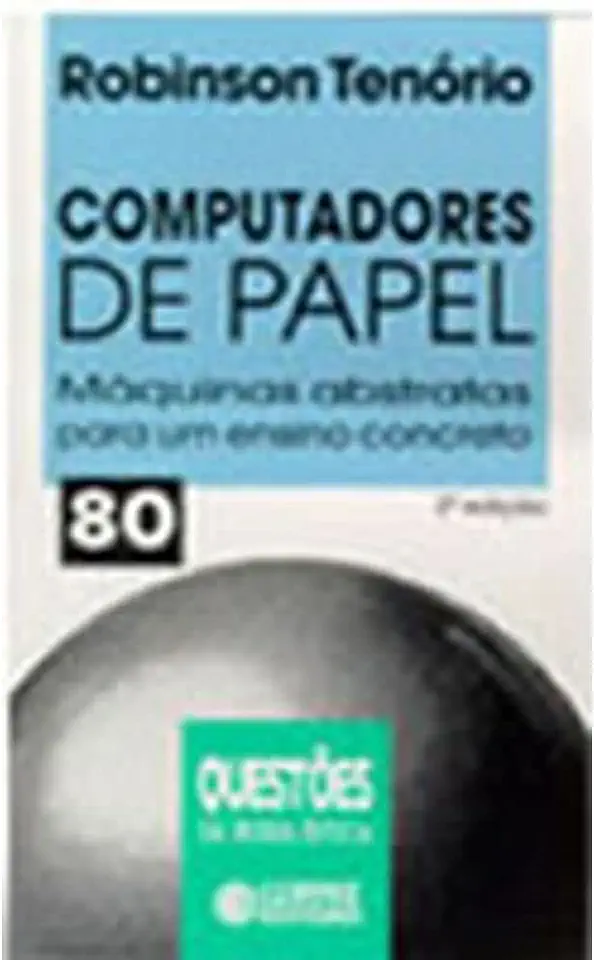
Paper Computers - Robinson Tenório
Paper Computers: A Revolutionary New Way to Think About Computing
In "Paper Computers," visionary computer scientist Robinson Tenório introduces a groundbreaking new way of thinking about computing. Drawing on his extensive research in the field of unconventional computing, Tenório argues that the traditional von Neumann architecture of computers has reached its limits, and that a new approach is needed to address the challenges of the 21st century.
A New Paradigm for Computing
Tenório's paper computers are based on a completely different paradigm than traditional computers. Instead of using electronic circuits to process information, paper computers use sheets of paper that are folded and unfolded in specific ways. This allows them to perform a wide variety of computations, including logical operations, arithmetic operations, and even complex mathematical functions.
Advantages of Paper Computers
Paper computers offer a number of advantages over traditional computers. They are:
- Cheap and easy to produce: Paper computers can be made from inexpensive materials, such as paper, cardboard, and tape. This makes them ideal for use in developing countries or in remote areas where access to traditional computers is limited.
- Portable and lightweight: Paper computers are small and lightweight, making them easy to carry around. This makes them ideal for use in mobile applications, such as field research or disaster relief.
- Robust and reliable: Paper computers are not affected by electromagnetic interference or other environmental factors that can damage traditional computers. This makes them ideal for use in harsh environments, such as factories or construction sites.
- Secure: Paper computers are not susceptible to hacking or other security breaches. This makes them ideal for use in applications where security is a concern, such as military or financial transactions.
Applications of Paper Computers
Paper computers have a wide range of potential applications, including:
- Education: Paper computers can be used to teach students about the basics of computing. They are also a great way to teach students about problem-solving and critical thinking skills.
- Research: Paper computers can be used to conduct research in a variety of fields, such as mathematics, physics, and biology. They are also a great way to explore new ideas and concepts.
- Industry: Paper computers can be used to automate tasks in a variety of industries, such as manufacturing, transportation, and healthcare. They can also be used to improve efficiency and productivity.
- Government: Paper computers can be used to improve government services, such as tax collection, voting, and public safety. They can also be used to promote transparency and accountability.
The Future of Paper Computers
Paper computers are still in their early stages of development, but they have the potential to revolutionize the way we think about computing. They offer a number of advantages over traditional computers, and they have a wide range of potential applications. As research in this field continues, we can expect to see even more innovative and groundbreaking uses for paper computers in the years to come.
Conclusion
"Paper Computers" is a must-read for anyone interested in the future of computing. Tenório's groundbreaking work offers a new way of thinking about computing that has the potential to change the world.